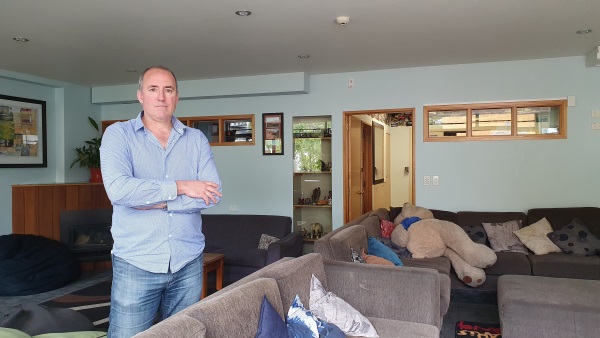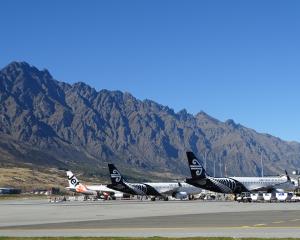
Mountain Scene has heard anecdotal stories of some being charged $450 a week for one bed in a multi-bed dorm, while the average sits around $330 a week.
But they’re not set up for long-term stays, and discounts for such aren’t part of most hostels’ business plans.
New Zealand Backpacker Youth and Adventure Tourism Association board member Brett Duncan, who owns NZ Adventure Hostels, says he’s getting more inquiries from seasonal workers than usual, but he can’t accommodate them.
He believes a lot of the demand is driven by the loss of about six Queenstown hostels over the past three years — he estimates that has resulted in a net loss of about 900 beds, including about 200 available for long-term stays.
Among the losses was the 380-bed Base Queenstown Discovery Lodge, on Shotover Street, which will eventually be redeveloped as a boutique hotel.
Duncan says that hostel used to take a lot of the resort’s ‘‘long-termers’’.
‘‘A lot of them [hostels] aren’t doing that now.
‘‘There’s more demand on them for short-term, and short-term is where the money’s at.
‘‘We’’re not going to be solving the [rental housing] problem,’’ he says.
It’s not a problem unique to Queenstown — Duncan says of the 385 hostels in NZ pre-Covid, just 164 survived.
Of the 221 that closed, only 11 have come back since international borders reopened a year ago.
Some have since become Winz boarding houses — but not in Queenstown — and others have been bought up by companies for staff or are, in the case of Base Queenstown, being re-developed as ‘‘boutique” hotels’’.
Duncan believes there’s little light at the end of the tunnel in terms of supply, primarily because compliance and construction costs will make it tough for new players to enter the industry.
‘‘Maybe in a few years there might be some big operators, international operators who might see a niche here.
‘‘They might have the bucks to do it.
‘‘But that’s not happening overnight.’’
- By Mark Price












